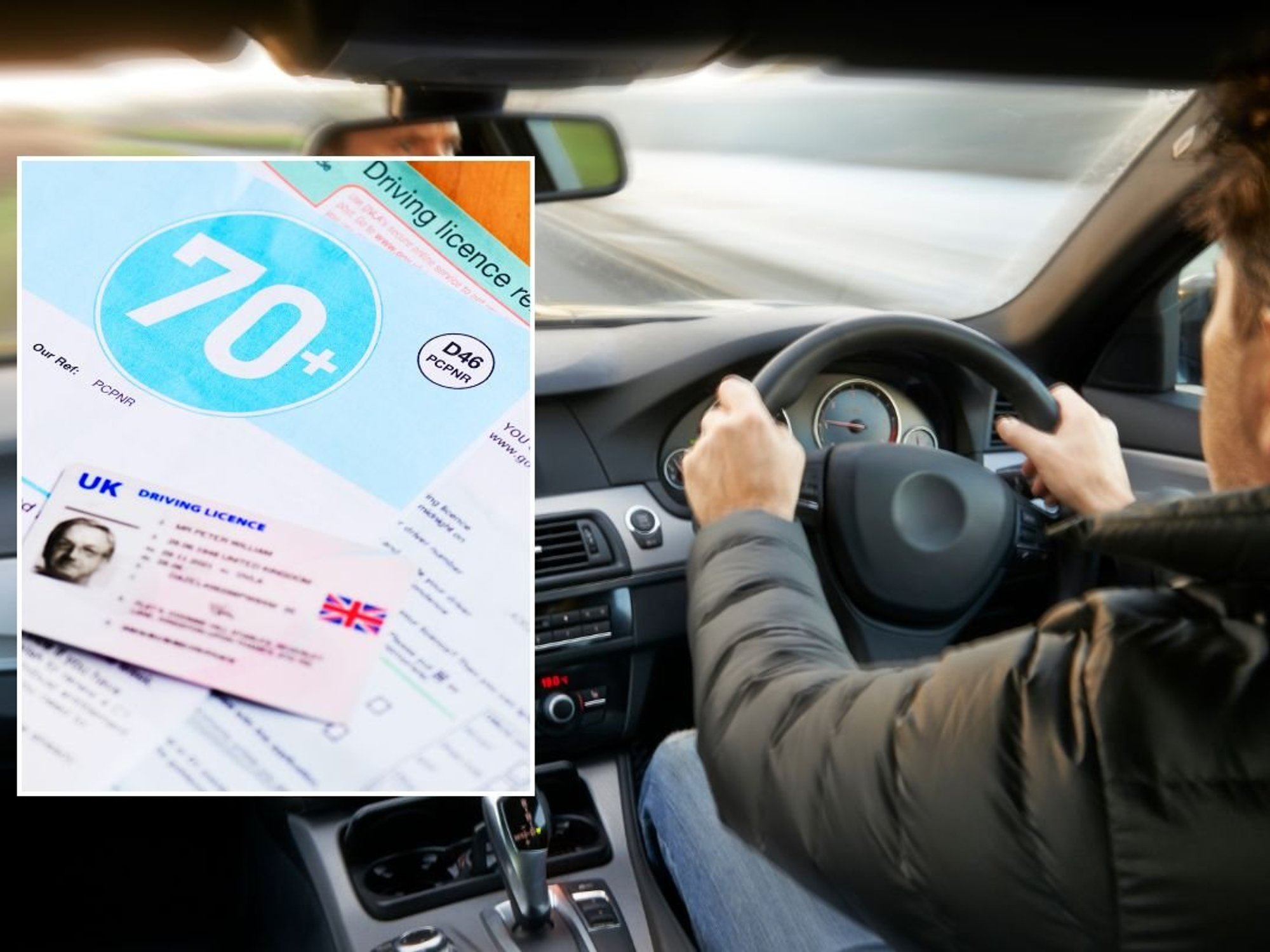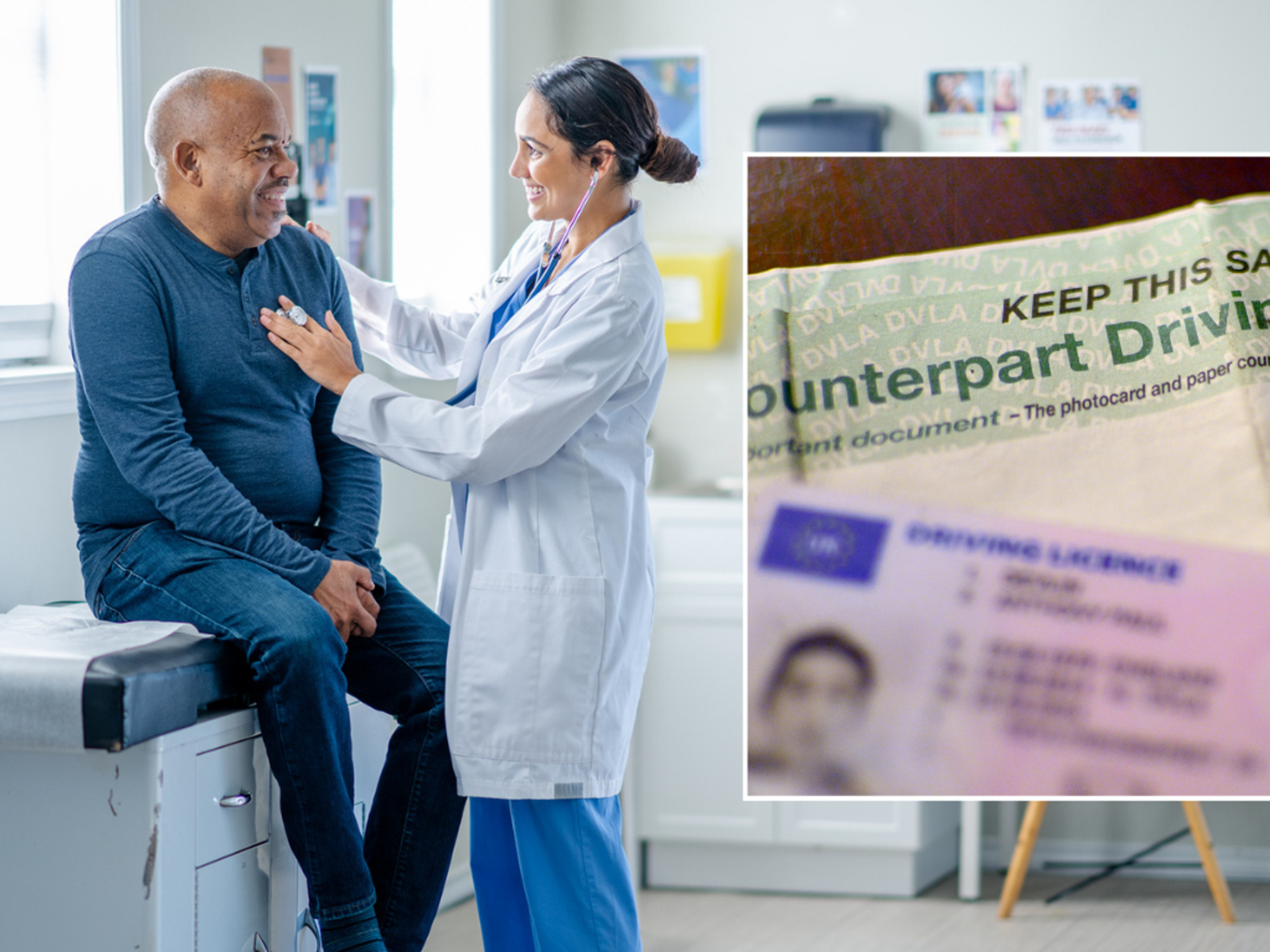Car ownership levels could plummet with drivers convinced by 'popular' cycling scheme
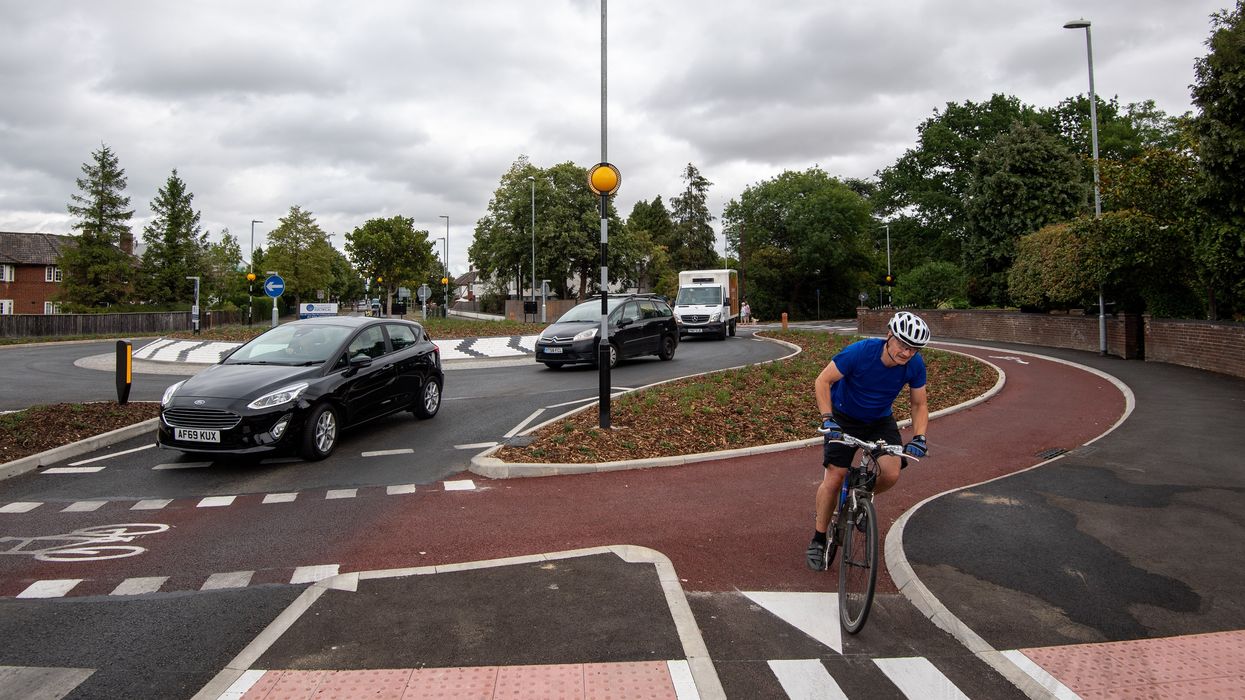
The Fix Your Bike voucher scheme ended in 2021
|PA

Car owners were the most likely to sign up for the scheme, with drivers potentially looking to ditch their vehicles
Don't Miss
Most Read
Latest
A new report from the Government has analysed the benefits of giving Britons money towards cycling, with people taking fewer trips with their cars.
The Department for Transport operated the Fix Your Bike voucher scheme before 2020 and 2021, with members of the public receiving a £50 voucher to be used to repair their bicycles.
The findings from the scheme showed that there were high levels of satisfaction with the scheme from individuals and businesses.
It suggested that it was a “popular and effective way” of increasing cycling and “reducing car use”.
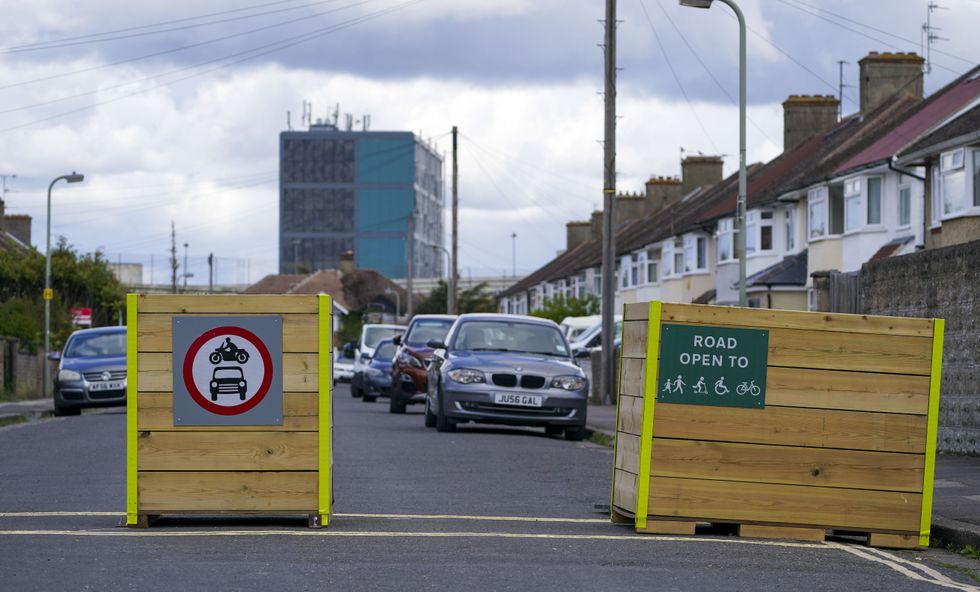
More than 400,000 vouchers were handed out
|PA
Data in the survey revealed that the use of bicycles had increased, with some choosing to cycle instead of using the car for short journeys.
When applying for the scheme, almost 40 per cent of people anticipated that once their bike had been repaired, they would use it for trips previously made with a car.
After the conclusion of the scheme, 53 per cent of voucher users said they had started cycling for some trips, compared to 27 per cent of non-users.
Those who took part in the study said the average distance covered by their bikes was 8.9 miles, saving a trip in the car.One of the people who took part in the trial, who was not named, said: “Without the scheme, I would have not got my broken bike fixed and it’s made a big difference to my health and cut my carbon footprint.”
Another said they were thinking more about their own health and their high level of petrol usage when applying for the scheme.
Factors including the price of petrol and diesel also impacted the uptake of cycling as many cited the cost of living crisis as a reason for taking cheaper forms of transport.
Nine in 10 people who applied for the vouchers reported that their household had at least one car, with car owners being the most likely to apply for the scheme.
More than half of voucher applicants had two or more cars available, compared to just 33 per cent for the rest of English households.
However, not everyone was as certain about the scheme. One person who took part in the scheme but did not use the voucher said the costs outweighed the benefits.
They said: “They (the garage) did a 10 minute ‘health check’, and said it’d be £125 to do the work. To me, it felt really inflated for minor repairs.
“So I asked them if there was anything they could do for £50 so I didn’t have to pay £75 excess. They said no, as it was a kind of total service. And I don’t think that’s right for a bike. I pay less for my car!”
LATEST DEVELOPMENTS:
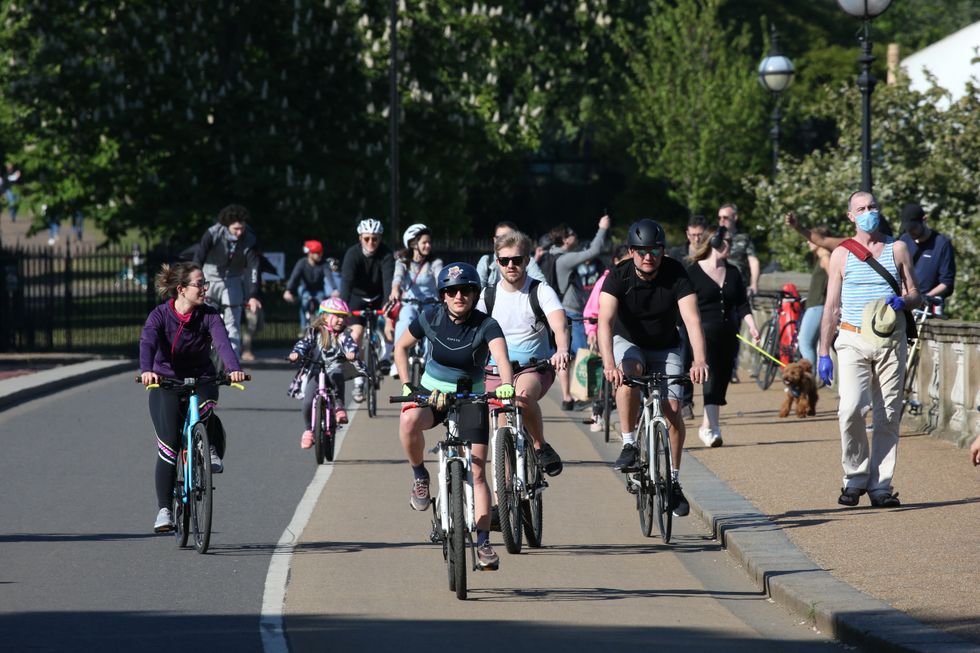
The scheme was found to be a good way of reducing the need to drive for shorter journeys
|PA
The report concluded that data from the initial trial could be used for the future delivery of other cycle initiatives.








